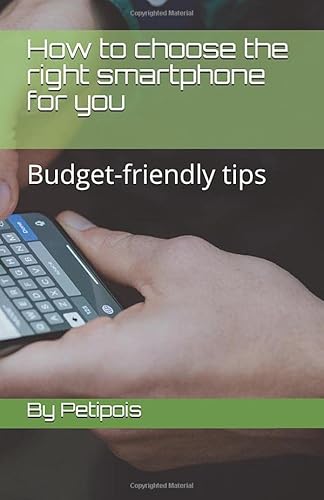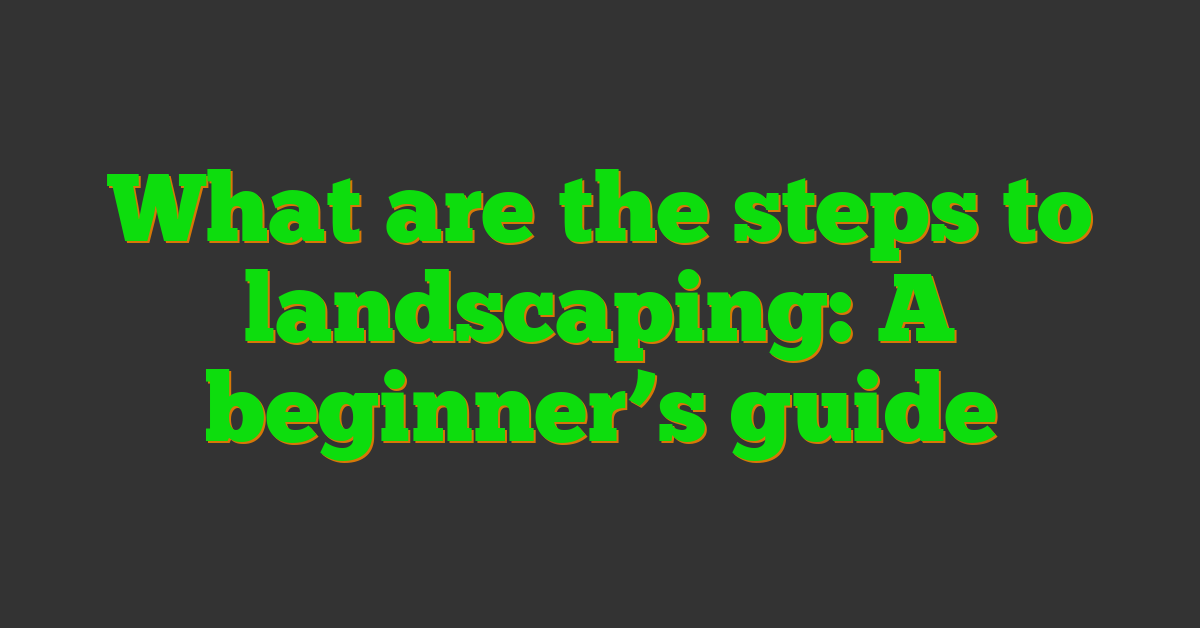I’ve always believed that transforming your outdoor space doesn’t have to break the bank. With a few creative ideas and some DIY spirit, you can achieve a stunning landscape on a tight budget. Whether you’re looking to revamp your garden or enhance your backyard, there are plenty of ways to make it both beautiful and affordable.

From repurposing everyday items as garden décor to selecting cost-effective plants that thrive with minimal care, budget-friendly landscaping is all about smart choices. I’ll share some of my favorite tips and tricks that have helped me create inviting outdoor spaces without overspending. Let’s dive into ways you can make your yard the envy of the neighborhood without emptying your wallet.
Choosing Cost-Effective Plants
Selecting the right plants can make your landscaping project affordable and beautiful. I focus on options that offer longevity and require minimal maintenance.
Native Species
Native plants thrive in local conditions, reducing water and care needs. They support local wildlife and adapt well to the climate, cutting down on replacement costs. Examples include black-eyed Susans, lavender, and coneflowers, which provide vibrant colors and resilience.
Perennials vs. Annuals
Perennials return each year, offering long-term value and reducing the need for replanting. They include varieties like hostas, daylilies, and ornamental grasses. Annuals, such as marigolds and petunias, provide seasonal color but require annual replacement. Balancing both can create a dynamic garden while managing expenses effectively.
DIY Landscaping Projects
Transforming your yard on a budget is achievable with these DIY projects.
Building Paths and Patios
Constructing paths and patios enhances your outdoor space’s functionality and appearance. I use gravel for paths, costing around $30 per cubic yard, providing a durable and affordable surface. For patios, pavers offer flexibility and style; purchasing them in bulk reduces expenses. Measuring the area accurately ensures you buy the right amount of materials, minimizing waste. Preparing the base by leveling the ground prevents uneven surfaces and extends the lifespan of your path or patio. Incorporating edging materials like recycled bricks or metal strips maintains the layout and prevents shifting over time.
Creating Garden Beds
Designing garden beds organizes plants and boosts curb appeal. I build raised beds using reclaimed wood, which costs approximately $10 per panel, adding a rustic touch while saving money. Preparing the soil with compost enriches it, promoting healthy plant growth and reducing the need for extra fertilizers. Selecting a mix of perennials and annuals ensures continuous blooms and easy maintenance; perennials like lavender return each year, while annuals like petunias provide vibrant seasonal color. Applying mulch helps retain soil moisture, suppress weeds, and decrease watering frequency, further cutting maintenance costs.
Affordable Hardscaping Ideas
Enhancing your yard with hardscaping doesn’t have to drain your wallet. Here are some budget-friendly ideas to transform your outdoor space.
Using Recycled Materials
I often use recycled materials to create unique hardscape features. Reclaimed bricks and stones make excellent walkways and patios, adding character without the high cost of new materials. Old pallets can be repurposed into sturdy garden walls or seating areas. Additionally, repurposing discarded containers as planters adds functionality and reduces waste. By sourcing materials from local salvage yards or online marketplaces, I keep expenses low while achieving a stylish look.
Low-Cost Mulching Techniques
Mulching is essential for moisture retention and weed control, and it doesn’t have to be expensive. I use shredded leaves and grass clippings as free mulch alternatives, which enrich the soil as they break down. Gravel and rocks are affordable options for pathways and garden beds, requiring minimal maintenance. Another cost-effective method involves using newspaper or cardboard under organic mulch to suppress weeds and enhance soil health. These techniques not only save money but also promote a sustainable garden environment.
Budget-Friendly Maintenance Tips
Maintaining your garden doesn’t have to drain your wallet. I use several cost-effective strategies to keep my landscape healthy and vibrant.
Regular Watering Practices
Consistent watering ensures plant health. I schedule watering early in the morning to reduce evaporation. Using a hose timer helps manage water usage efficiently.
Efficient Pruning Techniques
Pruning promotes growth and prevents diseases. I trim dead or overgrown branches with basic tools. Regular pruning also enhances the garden’s appearance without extra costs.
Mulching for Moisture and Weed Control
Applying mulch conserves soil moisture and suppresses weeds. I use shredded leaves, grass clippings, or gravel as affordable mulch options. A 2-3 inch layer around plants maintains soil health.
Natural Pest Management
Controlling pests naturally saves money on chemicals. I introduce beneficial insects like ladybugs and use homemade sprays from ingredients like neem oil. These methods keep pests in check effectively.
Composting for Soil Health
Composting enriches soil without buying fertilizers. I recycle kitchen scraps and yard waste to create nutrient-rich compost. This practice improves plant growth and reduces waste.
Seasonal Clean-Up Routine
Regular clean-ups prevent plant diseases and maintain garden aesthetics. I remove fallen leaves, dead plants, and debris each season. Staying on top of maintenance tasks keeps the garden thriving year-round.
DIY Tool Maintenance
Extending the life of garden tools saves money. I clean and oil tools after use to prevent rust and ensure they work efficiently. Proper maintenance reduces the need for frequent replacements.
« Planting for Winter Interest: Best Plants to Enhance Your Winter Garden Building a Raised Planter Box: Easy DIY Steps to Enhance Your Garden »
Utilizing Native Plants
Native plants require less maintenance and water. I choose species adapted to the local climate, which thrive with minimal care. This approach lowers upkeep efforts and supports local ecosystems.
By implementing these budget-friendly maintenance tips, I keep my garden beautiful and sustainable without overspending.
Conclusion
Transforming my outdoor space without spending a fortune has been incredibly rewarding. Finding the right plants and getting hands-on with DIY projects not only saved me money but also gave my garden a unique personal touch.
Seeing my yard come together with budget-friendly ideas makes all the effort worthwhile. It’s amazing how small changes can make a big impact. I encourage everyone to try these strategies and enjoy a beautiful, inviting outdoor area without overspending.
















